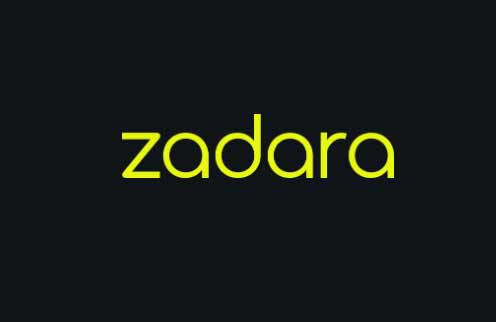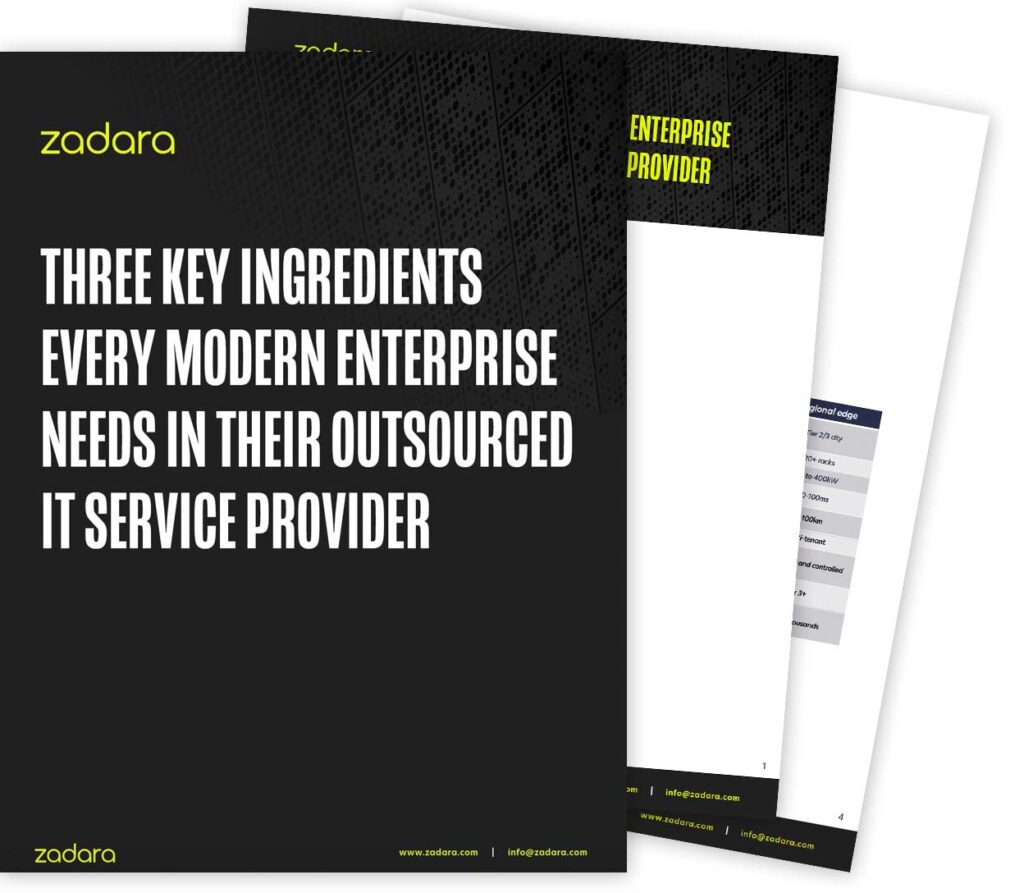Businesses of all sizes are moving to the cloud in ever-increasing numbers. MSPs (Managed IT Services Providers) are recognizing that if they don’t want to be left behind, they’ve got to lead the way. That’s why most successful MSPs today are committed to providing their customers with a comprehensive array of services delivered through the cloud.
But for an MSP to provide the highest levels of cloud-based services, it’s not enough to develop expertise with any particular cloud platform. All the major cloud service providers (CSPs), such as Amazon Web Services (AWS), Microsoft Azure, and Google Cloud Platform (GCP), offer a common set of basic features. Yet, they also differ from one another significantly in the types of services each is best suited to provide. That’s why deriving the maximum benefit from the cloud model requires the ability to take advantage of the best that each individual cloud platform has to offer.
In other words, to get the most out of the cloud, you need a multi-cloud strategy.
The multi-cloud approach provides some important advantages to MSPs, both in the services they can offer their customers, and in terms of their own operations. Let’s take a look at some of these benefits.
Service Providers Gain Competitive Advantage by Leveraging Zadara Storage
Watch the Webinar
Benefits to MSP Customers
Match Workloads To the Most Suitable Platforms
All the major clouds provide similar suites of basic services. Yet each is optimized for different types of workloads. For example, if your customer is running Windows client apps, Microsoft Azure is a natural fit. If they are doing big data analytics, GCP might be a better choice. Part of your job as a multi-cloud MSP is to help your customers determine the best cloud platform for each of their workloads.
Avoid Vendor Lock-In
A good MSP will work with clients to ensure that their workloads are portable between platforms. That way, if a client becomes dissatisfied with a particular platform for any reason, their options won’t be limited by the prospect of a costly and time-consuming migration to another cloud.
Reduce Costs
Each CSP provides different service plans, at different price points, for each set of features it offers. Part of what a cloud-savvy MSP can offer clients is the ability to distribute specific workloads among the various cloud platforms to not only take advantage of what each cloud does best but also, to get the best pricing for exactly the services the client needs.
Service Provider Success Story:
“Zadara Storage is a key reason that our solution can outperform the competition.” — David Benson, Chief Technology Officer and Co-founder, BeBop Technology
Read the Case Study
Enhance Data Security
By replicating data (and even virtual servers) among different clouds, MSPs can offer a high level of backup/recovery and disaster recovery services to clients. A disruption at one location can immediately trigger failover to either another zone or to an entirely different cloud platform.
Benefits to the MSP Itself
Increase Your Ability to Meet SLA Requirements
MSPs are usually bound by a Service Level Agreement (SLA) that provides a specific up-time guarantee. A multi-cloud strategy helps MSPs meet SLA up-time requirements by allowing operations to be quickly and transparently shifted from a CSP that is experiencing an outage to a different platform.
Keep Up With Technological Advances
The major cloud platforms are quite competitive with one another. Each works hard to introduce new or improved features that are not available through its competitors. But multi-cloud MSPs are able to tap into innovations introduced by any of the CSPs with whom they work.
Extend Your Expertise
A multi-cloud approach can substantially reduce the degree to which an MSP is required to be a technical jack of all trades. Instead of maintaining in-house experts for a wide range of solutions, MSPs can leverage the expertise of the various CSPs to offer platform-specific services to clients.
How Zadara Can Help With a Multi-cloud Strategy
The Zadara Storage Cloud is ideal as part of a multi-cloud solution. With Zadara VPSA Storage Arrays installed both on customer premises and connected to the major cloud providers such as AWS, Azure, and GCP, data can be seamlessly and transparently replicated among various public and private cloud platforms. Download White Paper: Getting Great Performance in the Cloud.








